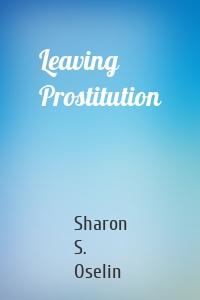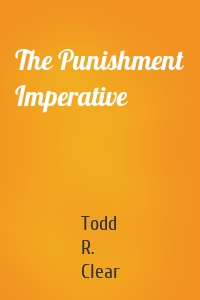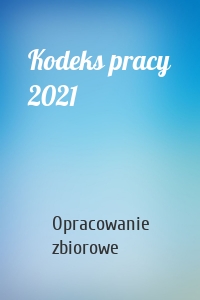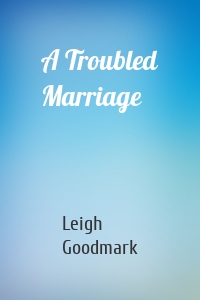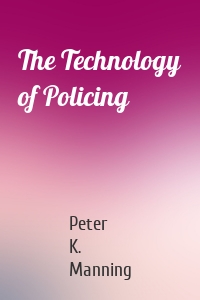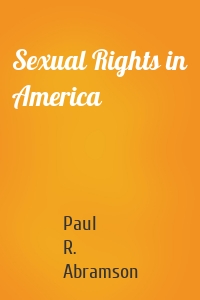Юриспруденция, право
7421 кн.
Leaving Prostitution
While street prostitutes comprise only a small minority of sex workers, they have the highest rates of physicaland sexual abuse, arrest and incarceration, drug addiction, and stigmatization, which stem from both their public visibility and their dangerous work settings. Exiting the trade can be a daunting task for street prostitutes; despite this, many do try at some point to leave sex work behind. Focusing on four differentorganizations based in Chicago, Minneapolis, Los Angeles, and Hartford...
| Автор | Sharon S. Oselin |
Law, Gender, and Injustice
In this widely acclaimed landmark study, Joan Hoff illustrates how women remain second- class citizens under the current legal system and questions whether the continued pursuit of equality based on a one-size-fits-all vision of traditional individual rights is really what will most improve conditions for women in America as they prepare for the twenty-first century. Concluding that equality based on liberal male ideology is no longer an adequate framework for improving women's legal...
| Автор | Joan Hoff |
The Punishment Imperative
Over the last 40 years, the US penal system has grown at an unprecedented rate—five times larger than in the past and grossly out of scale with the rest of the world. In The Punishment Imperative, eminent criminologists Todd R. Clear and Natasha A. Frost argue that America’s move to mass incarceration from the 1960s to the early 2000s was more than just a response to crime or a collection of policies adopted in isolation; it was a grand social experiment. Tracing a wide array...
| Автор | Todd R. Clear |
Not Guilty
As scores of death row inmates are exonerated by DNA evidence and innocence commissions are set up across the country, conviction of the innocent has become a well-recognized problem. But our justice system makes both kinds of errors—we acquit the guilty and convict the innocent—and exploring the reasons why people are acquitted can help us to evaluate the efficiency and fairness of our criminal justice system. Not Guilty provides a sustained examination and analysis of the...
| Автор | Daniel Givelber |
A Troubled Marriage
Choice's Outstanding Academic Title list for 2013 The development of a legal regime to combat domestic violence in the United States has been lauded as one of the feminist movement’s greatest triumphs. But, Leigh Goodmark argues, the resulting system is deeply flawed in ways that prevent it from assisting many women subjected to abuse. The current legal response to domestic violence is excessively focused on physical violence; this narrow definition of abuse fails to provide...
| Автор | Leigh Goodmark |
The Technology of Policing
With the rise of surveillance technology in the last decade, police departments now have an array of sophisticated tools for tracking, monitoring, even predicting crime patterns. In particular crime mapping, a technique used by the police to monitor crime by the neighborhoods in their geographic regions, has become a regular and relied-upon feature of policing. Many claim that these technological developments played a role in the crime drop of the 1990s, and yet no study of these techniques and...
| Автор | Peter K. Manning |
Hate Thy Neighbor
Despite increasingracial tolerance and national diversity, neighborhood segregation remains avery real problem in cities across America. Scholars, government officials, andthe general public have long attempted to understand why segregation persistsdespite efforts to combat it, traditionally focusing on the issue of “whiteflight,” or the idea that white residents will move to other areas if theirneighborhood becomes integrated. In HateThy Neighbor, Jeannine Bell expands upon...
| Автор | Jeannine Bell |
Sexual Rights in America
The Constitution of the United States guarantees all Americans certain rights, such as the freedoms of speech and religious expression. But what guarantees our sexual freedoms? Sexual Rights in America presents a bold and intriguing look at the constitutional basis of sexual rights in America. Resurrecting the «forgotten» Ninth Amendment, which guarantees those fundamental rights not protected elsewhere in the Constitution, Abramson and colleagues argue that the freedom to choose how, when,...
| Автор | Paul R. Abramson |
Punishing Immigrants
Arizona’s controversial new immigration bill is just the latest of many steps in the new criminalization of immigrants. While many cite the presumed criminality of illegal aliens as an excuse for ever-harsher immigration policies, it has in fact been well-established that immigrants commit less crime, and in particular less violent crime, than the native-born and that their presence in communities is not associated with higher crime rates. Punishing Immigrants moves beyond debunking...
| Автор | Группа авторов |




